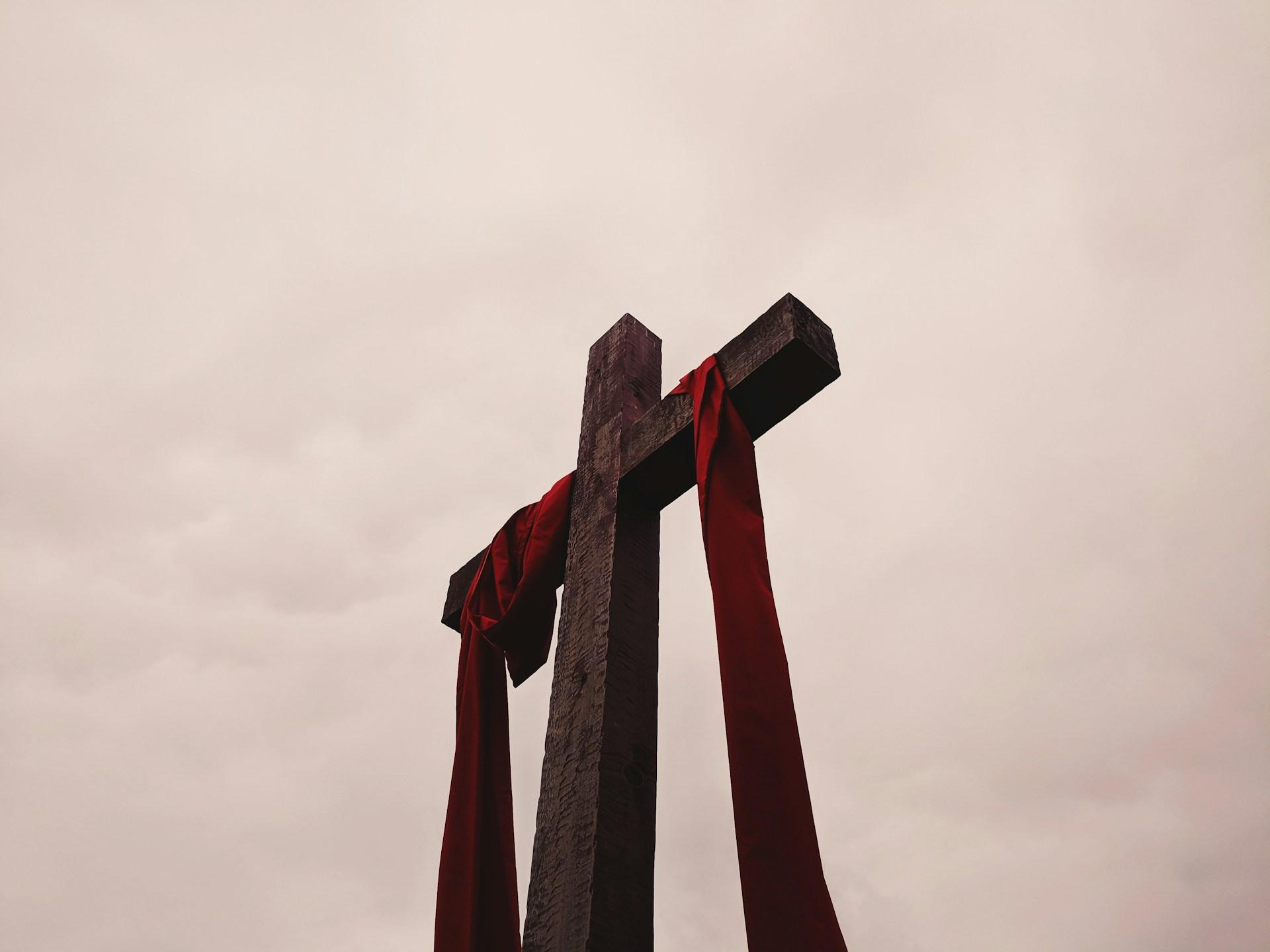Good Friday stands as a significant day for Christians worldwide. It serves as a powerful reminder of Jesus’ sacrifice, an event that took place over 2,000 years ago. More than just remembering the pain and suffering, it’s a time to grasp the depth of Jesus’ love and the mission he chose to carry out. When we reflect on the events leading up to the crucifixion, we see a story filled with courage, purpose, and unshakable resolve. In his sermon titled “What Jesus Didn’t Have To Do,” Pastor Caden Metcalf brings to light the lesser-appreciated choices Jesus made, ones that reveal his character and purpose with even more clarity.
Imagine the final days of Jesus. Historically, crowns were worn as symbols of power, typically made of gold or precious materials, reserved for those in positions of high authority. Jesus, however, wore a crown made of thorns. That single image captures the essence of his mission. He wasn’t after earthly glory. His path was driven by love and divine intention. As we look deeper into his story, we begin to uncover lessons about humility, strength, and staying faithful to a mission even in the face of unbearable opposition.
Jesus Didn’t Have To Speak Up For Himself
Throughout history, leaders have often felt obligated to defend themselves when challenged. When facing accusations or threats to their authority, most would speak up, attempting to protect their reputation and legacy. Jesus, by contrast, faced harsh accusations during his final hours and chose silence. This silence wasn’t a show of weakness. It was a powerful demonstration of focus and commitment to fulfilling prophecy.
During his trial, Jesus stood before both Jewish leaders and Roman officials. Despite mounting pressures, false witnesses, and emotional chaos, he remained quiet. This silence stunned those present, including Pontius Pilate. In any human situation, remaining quiet while being falsely accused seems unnatural. Our instinct is usually to defend our integrity. Yet Jesus, knowing the bigger picture, withheld his words.
His silence wasn’t passive. It served a higher purpose. By not defending himself, Jesus fulfilled the words of Isaiah 53, which spoke of a suffering servant who would remain silent before his accusers. Through this act, Jesus showed that not every battle is meant to be fought with words. At times, holding back allows the truth to speak louder and stand on its own. His choice teaches us that silence, when done with purpose, is not a retreat. It’s an act of strength rooted in faith and trust in God’s plan.
Jesus Didn’t Have To Play It Safe
It’s natural to want to avoid pain. Most of us try to find the safest path, especially in difficult or dangerous situations. Jesus, however, knowingly stepped into suffering. He had the power to stop it all yet chose the harder road because his mission mattered more than his comfort.
When the moment came, Jesus could have called on angels or performed a miracle to escape. He had the means to avoid the cross entirely. But he didn’t. His refusal to take the easy way out revealed his complete commitment to a calling that was bigger than himself. It wasn’t just about facing physical suffering. It was about willingly embracing it for the sake of others.
Jesus’ path challenges us to think about our own. In life, shortcuts often seem tempting. But when we know who we are and what we’re called to do, we are better equipped to keep going even when it’s hard. Jesus knew where his strength came from. His focus was unshaken because his identity as the Son of God grounded him. That same truth applies to us. Walking through hard times with boldness comes from having clarity about who we are and what we stand for.
Jesus Didn’t Have To Save Himself
In any kingdom, protecting the life of the king is non-negotiable. Everything is done to shield and preserve that person’s safety. Yet, in Jesus’ case, he willingly laid his life down, not just refusing to escape but allowing himself to go through unimaginable suffering. He didn’t do this out of weakness. He did it out of choice, and that choice fulfilled ancient prophecies that had been passed down through generations.
Think about the moment on the cross. Many mocked him, saying, “If you’re really the Son of God, save yourself.” From an outside view, it looked like defeat. But Jesus knew that by not saving himself, he was securing salvation for the world. Every moment, from the soldiers gambling for his clothes to the last breath he took, lined up with prophetic scripture. None of it was random. It was intentional, meaningful, and deeply personal.
What might have seemed like a loss was actually the greatest victory. Jesus’ decision to suffer rather than escape wasn’t about proving a point. It was about completing his purpose. His death wasn’t the end of the story. It was the turning point that opened the door to redemption for anyone willing to believe. This level of sacrifice speaks volumes about his love and his vision for humanity.
Reflecting on Jesus’ Sacrifice
When we look at Jesus’ life and choices through the lens of what he didn’t have to do, we see layers of meaning we might have missed before. He didn’t have to remain silent, but he did. He didn’t have to endure pain, but he did. He didn’t have to stay on the cross, but he did. In each situation, Jesus could have taken a different route, yet he consistently chose the one that aligned with his mission and God’s plan for salvation.
These decisions weren’t made lightly. They were powerful expressions of faith, obedience, and love. His silence spoke of strength. His suffering revealed unwavering commitment. His refusal to escape displayed a love so deep that it changed history. Each of these moments invites us to stop and examine how we are living.
What does Jesus’ sacrifice mean in your life today? Is it something you reflect on during certain holidays, or does it influence your daily actions and mindset? The events of Good Friday hold ongoing relevance. They remind believers that grace was bought at a high price and that following Christ sometimes means choosing discomfort to stay aligned with purpose.
Pastor Caden Metcalf’s message at Radiant Church brings these truths alive in a relatable way. His sermon encourages all who hear it to not just acknowledge Jesus’ sacrifice but to let it inspire personal transformation. Whether you’re just beginning to explore faith or have followed Jesus for years, there’s always something new to discover in reflection on what he chose to do—and what he did not.
Join Radiant Church as we reflect on the depth of Jesus’ sacrifice and the meaning it holds for our lives today. If you’re looking for a place to grow in faith and find real community, exploring what it means to be part of a Christian community church in Surprise, AZ could be the next step in your journey. We invite you to discover connection, truth, and purpose here with us.

